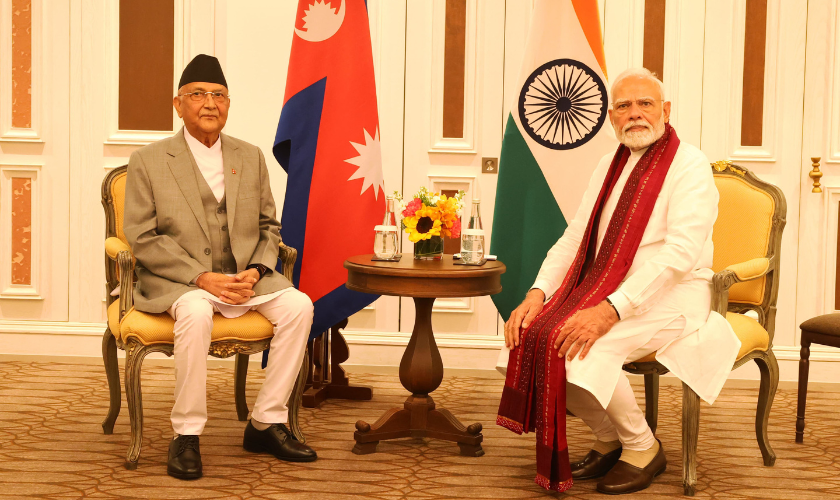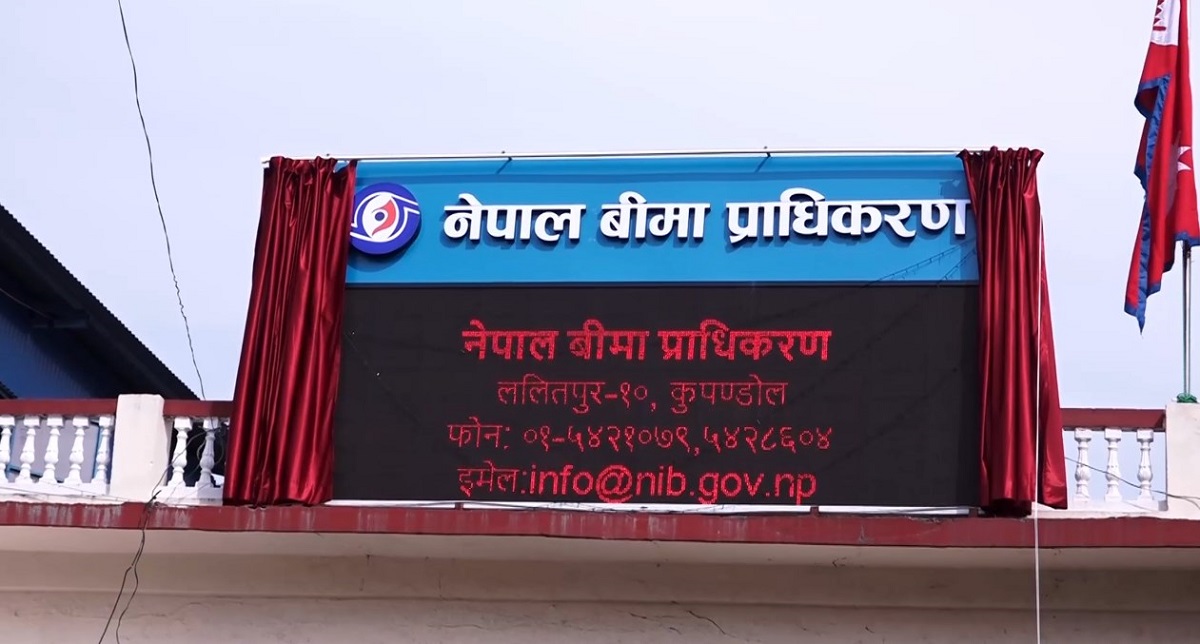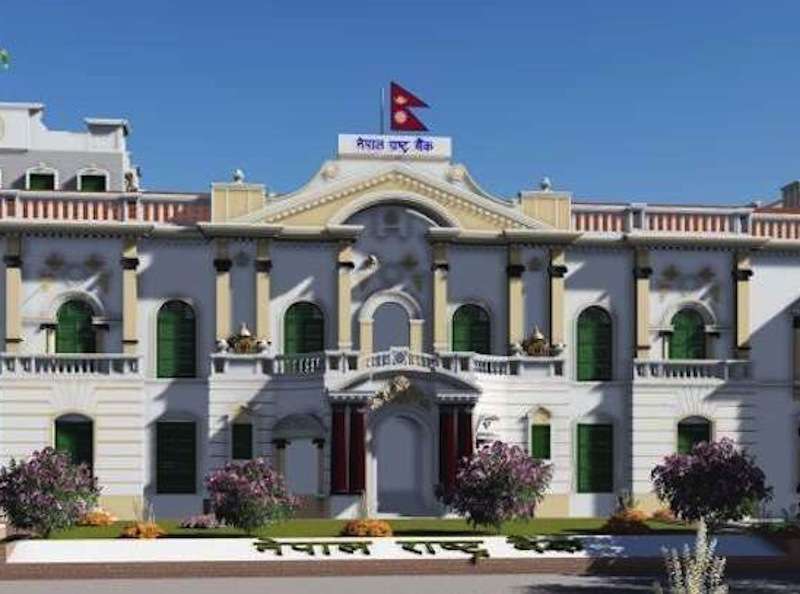The IME Group has officially launched a new industrial venture, Everest Fiber Cement Board Industry, in Rautahat district, backed by an investment of Rs 1.5 billion. The facility was inaugurated on Wednesday by Minister for Industry, Commerce, and Supplies Damodar Bhandari, who highlighted the project as a significant step toward Nepal's industrial modernization.
Located in Fatwa Bijaypur Municipality-6, the factory specializes in the production of fiber cement boards designed for use in exterior building applications, partitions, false ceilings, modular kitchens, and eco-panels. The company claims its boards are durable, flexible, fire-resistant, weatherproof, and environmentally friendly. They are positioned as a cost-effective and time-efficient alternative to traditional brick and plaster construction, with the ability to complete full structural builds within 10 to 15 days.
IME Group Chairman Chandra Prasad Dhakal stated that the boards are especially suitable for rapid construction of emergency shelters following natural disasters such as earthquakes, floods, and landslides. He also emphasized the economic advantages of the product, noting the absence of plastering or painting requirements, which helps reduce both time and construction costs.
According to the company, the factory operates with a fully automated production line, handling everything from raw material blending to cutting, pressing, and drying. At full capacity, it can produce up to 75,000 square feet of cement fiber boards per day, available in 4-foot by 8-foot sheets with thicknesses ranging from 4 mm to 30 mm.
Minister Bhandari praised the industry for utilizing advanced, eco-friendly technology and contributing to import substitution. He reiterated the government’s commitment to supporting production-oriented investment and promoting sustainable growth in the construction sector.
Dhakal, who also serves as President of the Federation of Nepalese Chambers of Commerce and Industry (FNCCI), noted that the factory uses domestic raw materials and local resources, aiming to reduce dependence on imports and conserve foreign exchange reserves. He added that this venture demonstrates Nepal’s capacity to produce internationally competitive construction materials using local skills and inputs.
The industry has also prioritized local employment, currently providing direct or indirect jobs to around 200 individuals. Over 98 percent of the workforce is sourced from the surrounding community, with women comprising more than 40 percent of total staff.












